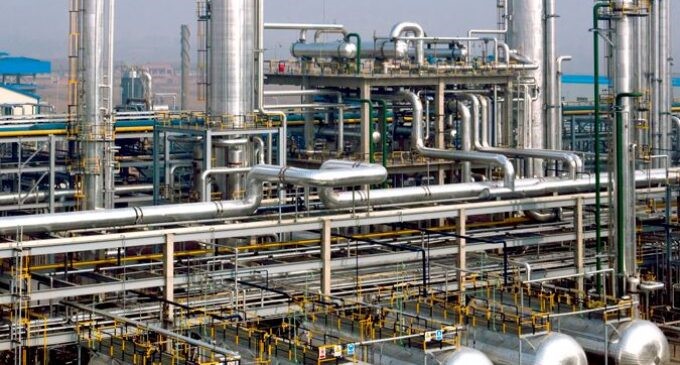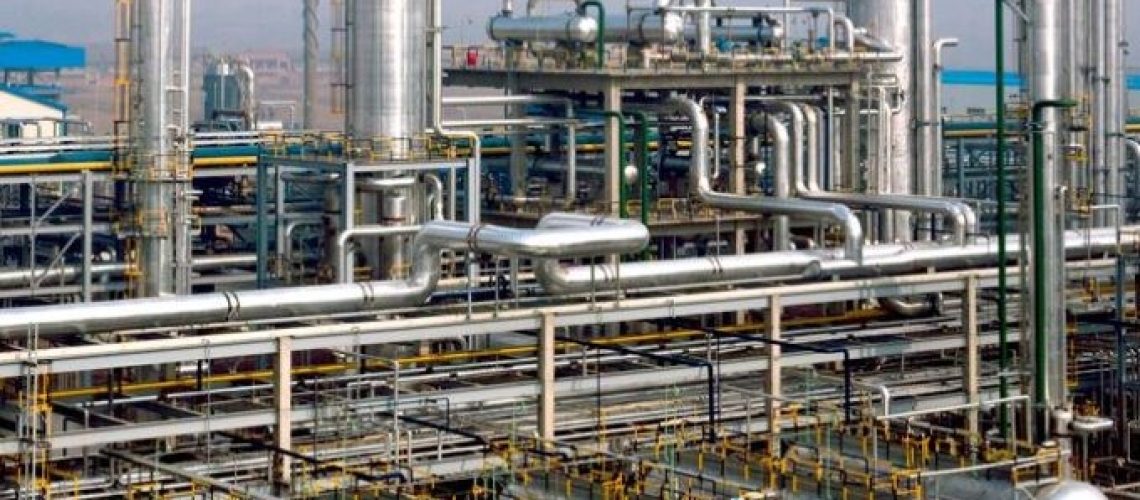Nigeria’s gas The current global drive towards a cleaner energy transition in an effort to combat climate change, has led to abrupt withdrawal of financial and technical supports for fossil fuel projects, including natural gas. What is the implication for countries like Nigeria?
Introduction
The current global drive towards a cleaner energy transition in an effort to combat climate change, has led to abrupt withdrawal of financial and technical supports for fossil fuel projects, including natural gas. This move has placed fossil-fuel-rich developing countries like Nigeria at risk of severe shortage of financing for the development of its verse natural gas resources for meeting its electricity needs.
Importance of gas in the Nigerian electricity sector
Nigeria’s Gas currently plays a significant role in Nigeria’s domestic market, with more than 80% of Nigeria’s grid generated electricity derived from natural gas. In addition, Nigeria’s gas is one of the largest proven gas in the world. (the largest in Africa), estimated at 186.6 trillion cubic feet (Tcf), with huge potential in solving the current electricity generation paucity in the country. Moreover, beyond its domestic market demand for electricity generation, gas is also an important source of foreign revenue in Nigeria, with the country becoming the world’s 5th largest exporter of liquefied natural gas (LNG), averaging 25,269 Million Cubic Feet (Cub m mn), in 2018.
Current gas infrastructures
Current installed gas-fired generation capacity in Nigeria stands at 8,457.6 MW (out of which only 4,996 MW is currently available) with plans for further gas-to-power infrastructures through the Niger Delta Power Holding Company (NDPHC), incorporated in 2004.
Table 1 below shows current gas-fired thermal power generation plants in Nigeria and their supply lines.
| Power Station | Type | Installed Capacity (MW) | Gas supply source |
| AES | Gas | 270 | Escravos – Lagos Pipeline |
| Afam (I -V) | Gas | 726 | Oklahoma gas plant |
| Afam (VI) | Gas | 624 | Oklahoma gas plant |
| Alaoji | Gas/ Steam | 227 | Northern Option Gas Pipeline from Obigbo gas plant |
| Calabar | Gas | 561 | Seven Energy Uquo gas plant |
| Egbema | Gas | 338 | Still under construction |
| Egbin | Gas | 1320 | Escravos – Lagos Pipeline |
| Geregu I | Gas | 414 | Oben-Geregu pipeline, Oben gas plant |
| Geregu II | Gas | 434 | Oben-Geregu pipeline, Oben gas plant |
| Grain | Gas | 225 | SPDC Gbarain Ubie gas plant (under planning) |
| Ibom | Gas | 60 | Ukwo – Oron Pipeline |
| Ihovbor | Gas | 451 | Escravos – Lagos Pipeline |
| Okapi | Gas | 480 | Agip Obiafu – Obirikomm gas plant |
| Olorunsogo I | Gas | 336 | Escravos – Lagos Pipeline |
| Olorunsogo II | Gas/ Steam | 675 | Escravos – Lagos Pipeline |
| Omoku | Gas | 150 | Still under construction |
| Omotosho I | Gas | 336 | Escravos – Lagos Pipeline |
| Omotosho II | Gas | 375 | Escravos – Lagos Pipeline |
| Sapele | Gas | 450 | Escravos – Lagos Pipeline |
| Ughelli Delta | Gas | 900 | Utorogu Ugheli East gas plant |
Table 1: Gas-fired thermal power generation plants in Nigeria and their supply lines
Furthermore, gas pipeline expansion such as the Ajaokuta – Kaduna – Kano (AKK), and the West African Gas Pipeline (WAGP) expansion from Ghana to Cote d’Ivoire are also under construction.
Implications of boycott for Nigeria’s gas
Despite the abundance of natural gas reserves financial and technical effort directed so far towards its potential use for electricity generation in Nigeria, there is still enormous needs for the maintenance of existing infrastructures and development of new ones. The country’s generation capacity is currently at less than 5,500 megawatts (MW) of electricity, with an estimated 85 million people still lacking access to electricity. With this current situation, it is worrisome to contemplate full energy access in Nigeria with sole dependence on renewable energy technologies, abandoning natural gas. Gas boycott for Nigeria has the following implications.
Stifled industrialization efforts: Constraining support for natural gas infrastructure will negatively affect Nigeria’s push for industrial growth negatively. Renewable energy substitutes for commercial and industrial economic activities are in some cases, still costlier than gas-powered electricity for industrial use as well as unaffordable to many small and medium scale enterprises.
Limited scaling potentials and opportunity cost: Although Nigeria has pursued renewable energy deployment mainly in rural areas, the chances of achieving full energy access in the coming decades by exclusively using renewable energy technologies is not foreseen. Moreover, decades of efforts has already been put in gas-fired electricity generation, thereby making their relegation more costly.
Unmet and growing electricity demand: Nigeria’s growing urban population means increase in urgent electricity demands. While electricity demand may be waning in the US and Western Europe; in Africa, urbanization, population growth and rising incomes are projected to increase electricity demand to at least double by 2040. Restricting financing for gas-powered energy would slow poverty alleviation efforts, raise energy costs for a most vulnerable population, and suppress incomes and job creation.
Conclusion
As the world moves to pursue cleaner non-fossil fuel energy systems, associated global policies and decisions should be made in consideration of each country’s unique peculiarity. Countries with high economic disadvantage and minimal carbon footprints require exemptions and support in actualizing socio-economic development aims using their natural gas resources.
In the case of Nigeria, developing the country’s verse gas resource for the benefit of its power sector and for promoting industrialization in the country is clearly beneficial. Focus should rather be placed on coordinating energy policies and investment to allow for a balanced and efficient harnessing of gas resources as well as renewable energy resources for both grid and off-grid energy solutions in the country. Moreover, gas can act as an important buffer for the increased scaling of renewable energy systems development in some areas and sectors of the country. The move to boycott gas is therefore uneconomical and unsustainable. Nigeria’s gas resources simply hold enormous potentials in the country’s electricity sector to be relegated.




